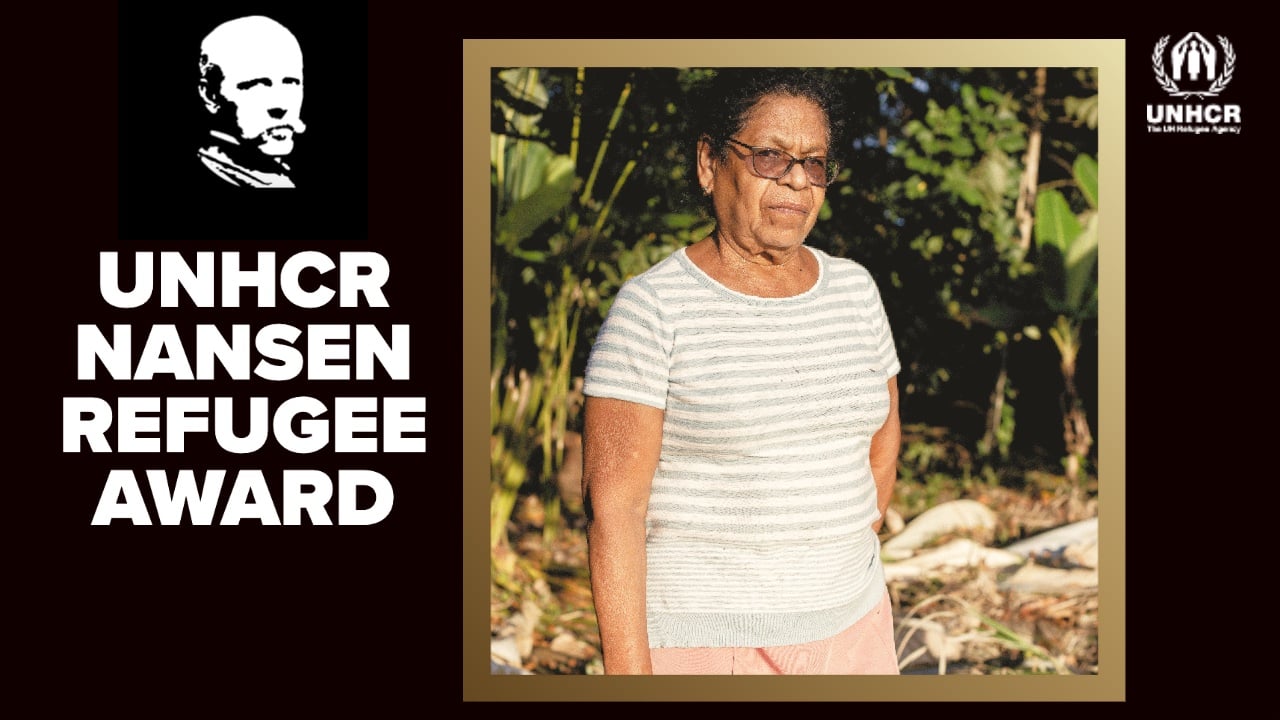Two Cuban refugees find work and a new home in Montenegro
The ancient town of Perast, Montenegro, nestled amid mountains by the blue waters of the Bay of Kotor, is an idyllic spot for a hotel, but hotel manager Simona Pulcinelli has a problem: she’s struggling to recruit staff locally.
Enter Roberto and Silvio*, two Cuban refugees. Roberto, 35, once worked as a guard at a school and Silvio, 43, was a mental health nurse. They left Havana for political reasons and have now embarked on a new career at the Villa Perast.
Pulcinella is showing that employers in Montenegro can offer opportunities for refugees. And the two Cubans prove that if refugees decide to settle in Montenegro, rather than seeing it as a transit point on the way to Western Europe, they can find work.
“I am happy with Roberto and Silvio,” says Simona. “We have found our synergy. They are very communicative, even though they do not speak English. They have the right rapport with guests. In our business, that is the main thing.”
“Destiny brought us here,” says Roberto, who arrived with Silvio in Montenegro in 2016. “We saw Montenegro was a nice country and decided to stay.”
“Destiny brought us here."
Montenegro, with a population of just over 600,000 people, became an independent state in 2006. UNHCR, the UN Refugee Agency, is backing efforts by the government to develop integration and employment programmes for refugees.
Montenegro is willing to accept refugees, says Milanka Bakovic, a senior official at the Interior Ministry. “It all depends on the choice of the individual. Asylum-seekers may intend to reach a certain place, and that place is often not Montenegro, even though we let them know about the rights they could have here.”
“Refugees can find opportunities if they show flexibility in accepting available jobs, not necessarily reflecting their education,” says UNHCR's Representative for Montenegro, Roberta Montevecchi.
Against a background of double-digit unemployment, there are local and seasonal vacancies. The Montenegrin language can be a barrier, although speakers of other Slavic languages pick it up quickly.
Relative ease with the language may be one reason why two other refugees, Tatiana, 50, and her son Rostislav, 11, both Russian speakers, have done well since coming to Montenegro from Belarus in 2016.
Despite initial homesickness and unhappiness in temporary refugee accommodation, they now feel at home in a rented flat in the coastal town of Bar.
“We have found relief here,” says Tatiana, who works as a masseuse during the tourist season and hopes one day to have her own small massage business.
Rostislav attends a local primary school, where he is getting top marks in almost all subjects. In a maths competition for the third grade last year, he came second out of 45 pupils.
Back at the hotel in Perast, manager Simona speaks with pride of her “international team”. The Spanish-speaking Cubans are slowly learning to communicate in Montenegrin with some 30 local colleagues.
“We have found relief here."
Simona cheerfully calls herself an immigrant. Four years ago, she left a desk job in Rome and came to Montenegro to run two hotels under Italian ownership. As an employer, she says she was motivated by a mix of altruistic and business considerations to hire the refugees.
The two Cubans were staying at a centre for asylum-seekers. Now with full refugee status, they live at the hotel and earn competitive salaries for cleaning and maintenance work. Even out of season, Simona can keep them busy.
“It means a lot to me to have work,” says Silvio. “It makes me feel vivid and alive."
“We came from a very big city. Perast is a tiny little place, but it is calm.” When they have time off from work, the two of them enjoy swimming,” says Roberto.
Silvio’s medical knowledge and ability to perform first aid is an extra asset.
“One day at the hotel, a lady guest fainted,” says Silvio. “As a nurse, I was able to help her,” he says.
Soon a new wave of guests will be arriving for the 2019 season, the third for Roberto and Silvio, who are now established and trusted staff. They are preparing by painting rooms.
Simona takes a look at her diary. Four weddings are coming up. Three of the parties have only booked for meals but one bride and groom, from Russia, are due to spend their entire honeymoon at the hotel.
The couple will step out onto the terrace, overlooking the turquoise waters of the bay, and all will be perfect. Roberto and Silvio will see to that.
*Names have been changed for protection reasons














